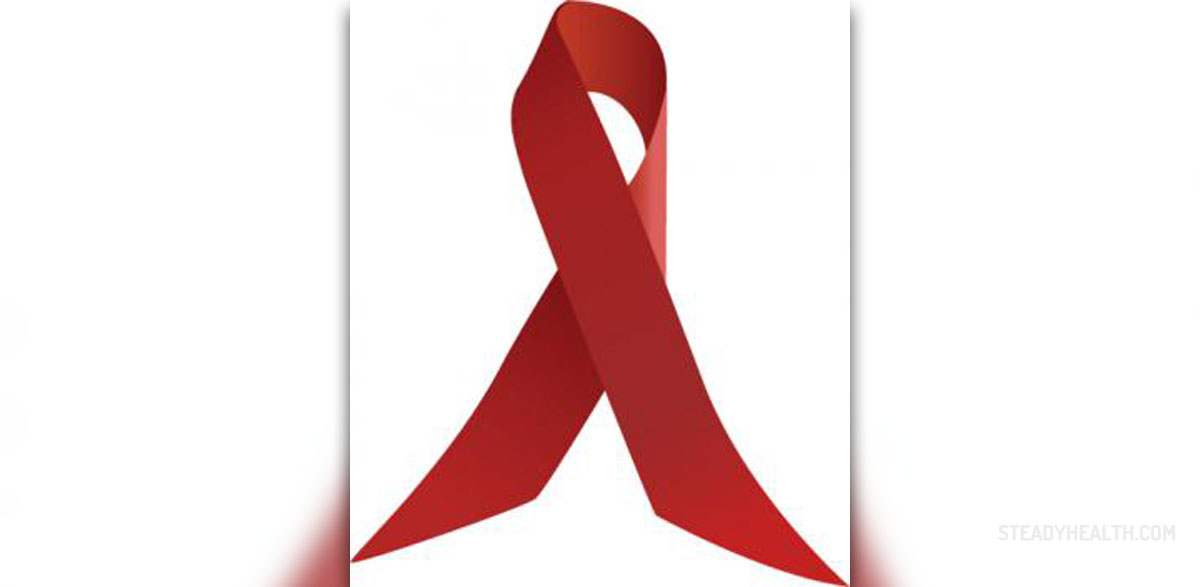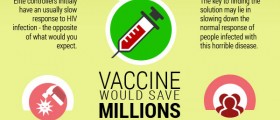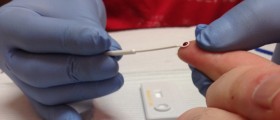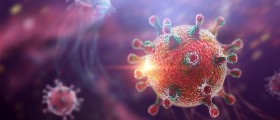
HIV, also known as the human immunodeficiency virus, causes AIDS or acquired immune deficiency syndrome. It is estimated that nearly one million citizens of the United States have HIV virus in their body, or have already developed AIDS. This means that one out of 250 people carries the dangerous virus. Each year, about 40,000 new cases of HIV infection are recorded among the US patients, but, what remains most disturbing is that as much as a half of all people infected with HIV have not been tested and they usually don’t know they are carrying the virus.
Infection with HIV
HIV virus is contained in the bodily fluids such as blood, semen, vaginal secretions, and breast milk. The virus is transmitted from infected person to another only when the infected fluids enter the bloodstream of another person. Most commonly, the virus is transmitted through unprotected sexual intercourse, sharing needles or syringes with HIV infected person, during pregnancy, childbirth or breast-feeding. HIV incubation period, the period between which the HIV virus enters the body and when the first symptoms appear, is the first stage of HIV infection. Incubation stage usually lasts between two and four weeks.
First symptoms of the infection may appear afterwards, in the stage known as the acute infection. Acute infection lasts on average 28 days and includes numerous flu-like symptoms. The latency stage is the third stage of HIV infection, which is normally asymptomatic and may last from two weeks to more than twenty years. AIDS is, unfortunately, the last deadly stage of the infection, characterized by progressive reduction in effectiveness of the immune system that typically has a fatal outcome.
Symptoms of acute HIV infection in men
Symptoms of acute HIV infection are quite similar in men and women. In the later stage of infection, when the immune system is highly compromised, women may experience a completely different set of symptoms, due to the radical changes in hormonal chemistry. Detecting the HIV infection while it is still in the early stage may significantly improve patient’s chances of survival. If detected on time, HIV infection may be, to certain level, successfully managed with antiretroviral treatment. Unfortunately, for many patients acute infection passes without any significant symptoms or it may be mistaken for flu or common cold.
The typical symptoms of acute infection are persistent headache, fever, swollen glands and lymph nodes, pain in muscles, extreme tiredness, loss of appetite, sore throat, mouth rash, weight loss, diarrhea, oral thrush, nausea and vomiting, unusual rash all over the skin, persistent cough, and chest infection.












_f_280x120.jpg)




Your thoughts on this
Loading...